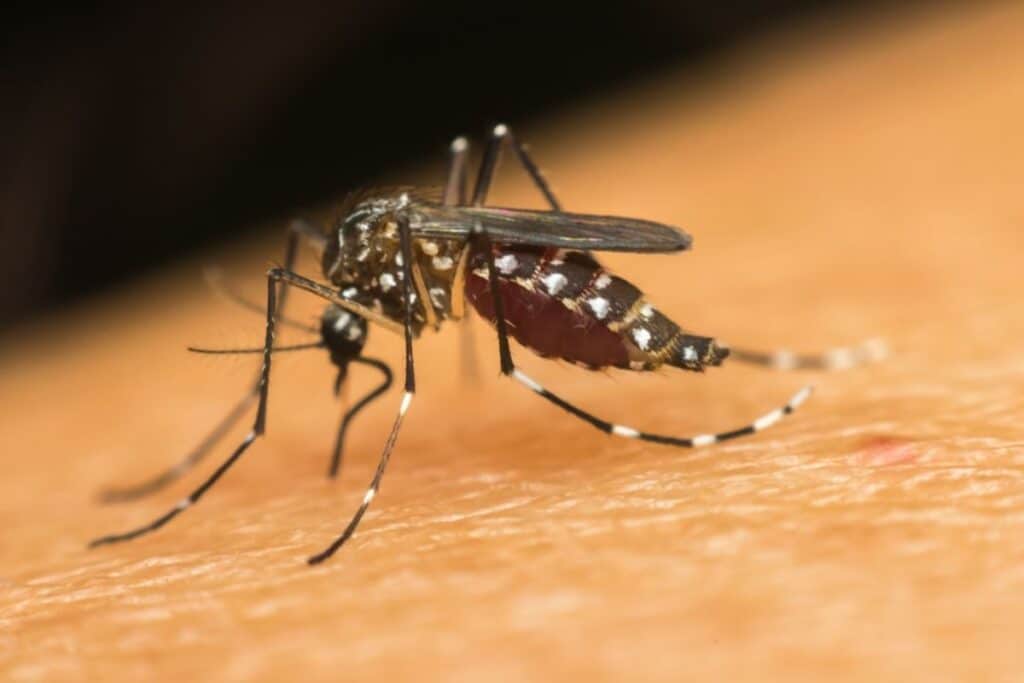
Inquirer.net photo
CEBU CITY, Philippines — A group of pediatricians in Central Visayas recently expressed their worry about the increasing dengue cases in the region.
Dr. Ellaine Nielo of the Philippine Pediatric Society Inc. Central Visayas Chapter (PPS-7) recently shared that Central Visayas recorded the highest number of dengue cases from January 1 to November 9, 2024, surpassing the National Capital Region, with 33,651 cases, based on the data from the Department of Health (DOH).
READ: Dengue cases highest in Central Visayas – health officials
Meanwhile, Dr. Ronald Limchiu, still from PPS-7, said that the Philippines had the highest dengue cases among ASEAN countries as of November 16, 2024, with 304,860 cases, followed by Indonesia with 202,012 cases, and Malaysia with 106,773 cases.
Most of the cases were from children aged 6-10 covering 1,000 cases; followed by 688 cases from aged 1-5; 614 cases from 11-15 years old; next was 597 cases aged 21 years old above; then 323 cases from aged 16-20; and 76 cases were aged less than 1 year old.
That was why Nielo and Limchiu called for the public’s participation in applying preventive measures against dengue, especially the 4S: search and destroy breeding areas, seek early consultation, secure self-protection, and support fogging and misting.
Vaccine hesitancy
Moreover, Limchiu attributed the rise of cases to the public’s hesitation to the vaccines, specifically on the controversy of the Devangxia.
In late 2017, the DOH halted its massive anti-dengue immunization program using Dengvaxia after its manufacturer Sanofi Pasteur said patients who got vaccinated but had no prior exposure to the virus could suffer severe symptoms.
Limchiu added that vaccine hesitancy has also affected measles and polio vaccination. He added that vaccination could prevent the children from getting hospitalized from dengue, if ever they get one.
But Nielo on her part said that “it’s also important to listen to the parents because sometimes they can get very emotional about things like this.”
Although the local government units have already been recognizing the problem of dengue with the Department of Education (DepEd), given that children spend most of their day in schools, the pediatricians called for an active community response.
“The only problem here is, of course, our community has to be educated. And our approach to dengue must be multi-pronged. It just cannot be vector controlled alone,” Limchiu said.
“As private clinical practitioners, whenever our patients get admitted for dengue, we inform the barangay and the school. Because, remember, it’s a day-biting mosquito, so we don’t know whether the child got it from the school or from the barangay. And this helps, again, as we said, in surveillance, so that if there’s a spike in cases, maybe there will be, it may be named as a hot spot, and misting will be done for larvicidals in nearby waterways,” Niello added. — with a report from Krissy Aguilar, Inquirer.net
/clorenciana